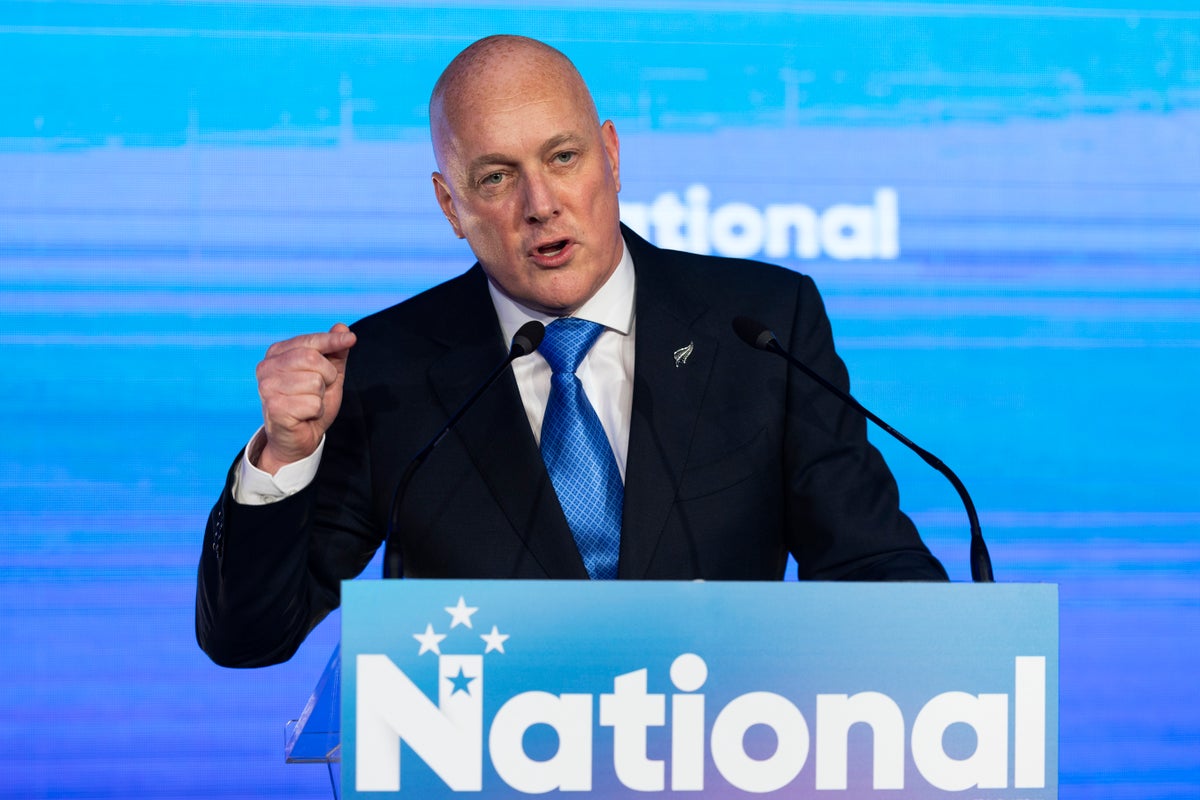
Three New Zealand political leaders on Thursday said they have reached an agreement to form the next government, pending a final signoff from their parties which they expected within hours.
The three party leaders said they expected to hold a formal signing ceremony at Parliament on Friday.
The announcement brought to an end nearly six weeks of negotiations since New Zealand held a general election on Oct. 14.
What has never been in question is that former businessman Christopher Luxon will be the next prime minister, after his conservative National Party won 38% of the vote, the largest proportion of any party. What has been at play is what policies the three parties can agree upon to jointly govern, and what positions various lawmakers will hold.
The parties went into the election campaign with different policies on tax, race relations and economic management. Luxon said they would release details of their agreement on Friday.
“I'm really proud of the negotiations,” Luxon told reporters. “When you see the agreements tomorrow, you'll understand how comprehensive they are. We've covered a tremendous amount of material.”
Under New Zealand's proportional voting system, parties typically need to form alliances in order to command a governing majority.
Luxon negotiated with David Seymour, the leader of the libertarian ACT Party which won 9% of the vote, and Winston Peters, the 78-year-old maverick leader of the populist New Zealand First party, which won 6%.
On the election night count, the closely aligned National and ACT parties had just enough votes to govern. But a final count, which included special votes, changed the equation and made for the tougher three-way negotiations.
Outgoing Prime Minister Chris Hipkins, who decided he wouldn’t work with Peters, had already conceded to Luxon on election night.
Hipkins, who leads the liberal Labour Party, held the top job for just nine months. He took over from Jacinda Ardern, who unexpectedly stepped down in January, saying she no longer had “enough in the tank” to do the job justice.
Ardern won the previous election in a landslide, but her popularity waned as people got tired of COVID-19 restrictions and inflation threatened the economy.







